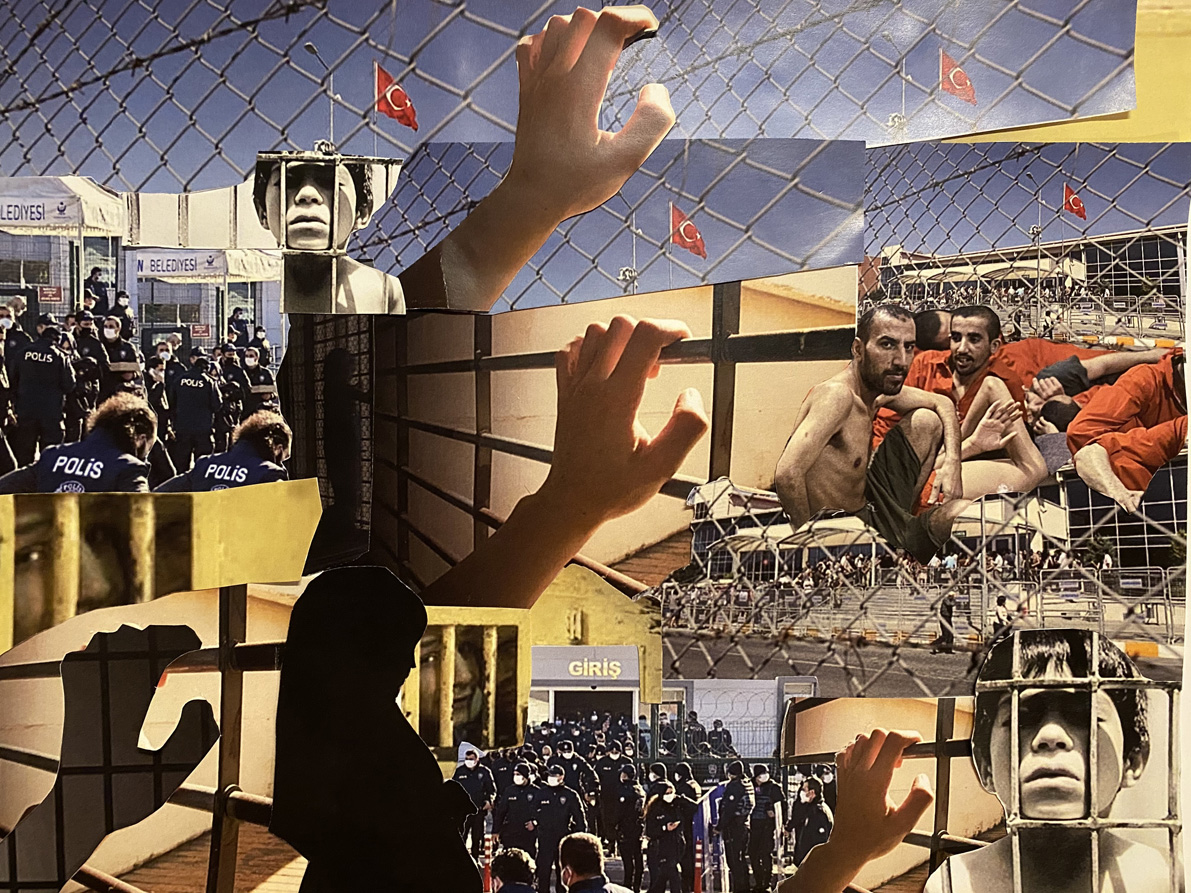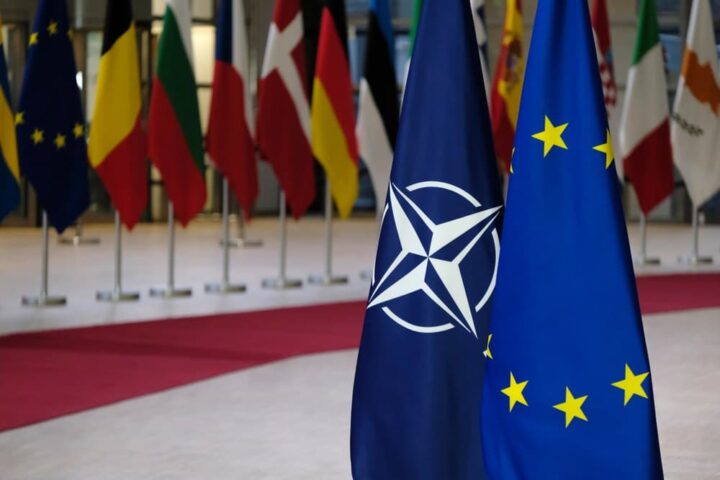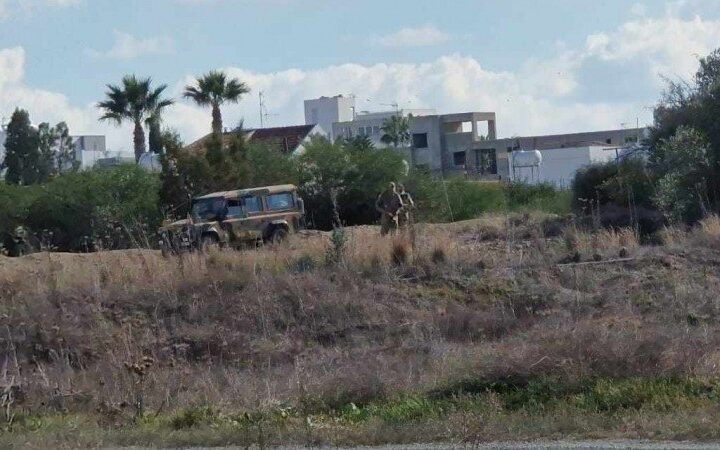By Alon Ben-Meir
Human rights abuses in Turkey under Recep Tayyip Erdogan are beyond the pale of inhumanity and moral decadence.
The list of Erdogan’s violations and cruelty is too long to numerate. The detention and horrifying torture of thousands of innocent people for months and at times for years, without being charged, is hard to fathom.
Many prisoners are left languishing in dark cells, often in solitary confinement. The detention of tens of thousands of men and hundreds of women, many with their children, especially following the 2016 failed coup, has become common. It is calculated to inflict horrendous pain and suffering to bring the prisoners to the breaking point, so that they confess to crimes they have never committed.
Nelson Mandela, who spent 26 years in prison, eloquently but painfully described the real purpose of unlawful detentions under a despotic regime: “Prison is designed to break one’s spirit and destroy one’s resolve.
“To do this, the authorities attempt to exploit every weakness, demolish every initiative, negate all signs of individuality—all with the idea of stamping out that spark that makes each of us human and each of us who we are.”
Recently, I was told a story about one prisoner who had been incarcerated for nearly three years. Regardless of the unspeakable torture that he was subjected to, he kept refusing to confess to crimes he never committed.
Like many other prisoners, it is not difficult to picture the sleepless nights he spent thinking of his wife and son. We can only imagine the unbearable pain and anguish he felt over what they were enduring, uncontrollably weeping night and day over being deprived of seeing his family.
In the hope of seeing their loved ones, many prisoners try initially to endure the torture but eventually succumb and confess. By that time, they have become nothing but a shell of themselves.
This prisoner was determined not to confess. After months of torture, he was threatened with the imprisonment of his wife and son if he did not confess. For some weeks he was torn between confessing to a crime he did not commit, and the fear that his family would soon be apprehended and face a similar fate.
More meaning in death
One morning as a prison guard was making his daily inspection, he was stunned to see this prisoner, whom he befriended, hanging by his neck from the ceiling. Like others before him, the prisoner found more meaning in his death than in living as a broken man.
From the letter he wrote to his wife, smuggled out by that same guard, we know that he decided to commit suicide to prevent the authorities from apprehending his family, preserve what’s left of his dignity, and deny the authorities the satisfaction of him confessing.
This case is not an aberration. The specially-trained interrogators first try without much intimidation to convince the prisoners to confess to crimes they are accused off by promising leniency and a lighter sentence. The longer they resist confessing, the more intense torture and excruciatingly daily abuse they face.
Over a period of a few months, thousands of prisoners reach the point of hopelessness and despair, not knowing what to expect next, what day of the week it is or what hour of the day.
Many of them are brought daily in shackles for interrogation, largely about their alleged affiliation with the Gülen movement and/or as conspirators behind the 2016 failed military coup.
Initially, the vast majority refuse to confess, beseeching their interrogators to believe in their innocence. Sadly, their repeated pleas are simply dismissed as they were already deemed guilty—innocent or not did not matter.
Erdogan has incarcerated over 80,000 individuals, including judges, teachers, police officers, and 150 journalists. Many are suspected of being affiliated with the Gülen movement, including fathers who are persecuted because of their sons’ alleged association with the movement.
Turkish prisons under Erdogan house torture chambers—27,493 people were victims of torture and maltreatment; 86 more died from severe physical abuse.
Pregnant women and children
Incarcerating pregnant women and children in Turkey has become common. Over 700 children are in Turkish prisons with their mothers. Many women are sexually assaulted by police officers during their arrest.
Political prisoners in Turkey are deliberately put in cells with suspected members of ISIS as part of an intimidation tactic to pressure them into signing false confessions.
The Turkish people deserve a leader who is responsive to their needs and aspirations.
Instead, they are cursed to be governed by a despot who robs them of their basic human rights. He makes a mockery of the rule of law, cynically proclaiming that Turkey is a democracy when in fact Erdogan’s despotism is the law of the land.
It about time for the US and the EU to warn Erdogan that he must cease his gross human rights violations. They must threaten Erdogan with unspecified sanctions that will cripple his economy, while taking the unprecedented step of kicking Turkey out of NATO. He must begin by releasing the thousands of detainees, including journalists, who have been incarcerated on bogus charges or no charges at all.
This may well be wishful thinking on my part. But if the West fails to insist that any NATO member state fully adhere to human rights, and restore the basic pillars of democracy as enshrined in its own charter, NATO becomes shamefully complicit in Erdogan’s crimes against humanity, which he has been perpetrating against his own people with impunity.
Hopefully, U.S. President Joe Biden will not allow undue political consideration to prevent him from warning Erdogan that his witch hunt and trail of torture must end.
“The world won’t be destroyed by those who do evil,” said Albert Einstein “but by those who watch them without doing anything.”
Dr. Alon Ben Meir is a professor at New York University’s Center for Global Affairs and Senior Fellow at the World Policy Institute. Ben-Meir is an expert on Middle East and West Balkan affairs, international negotiations, and conflict resolution.










